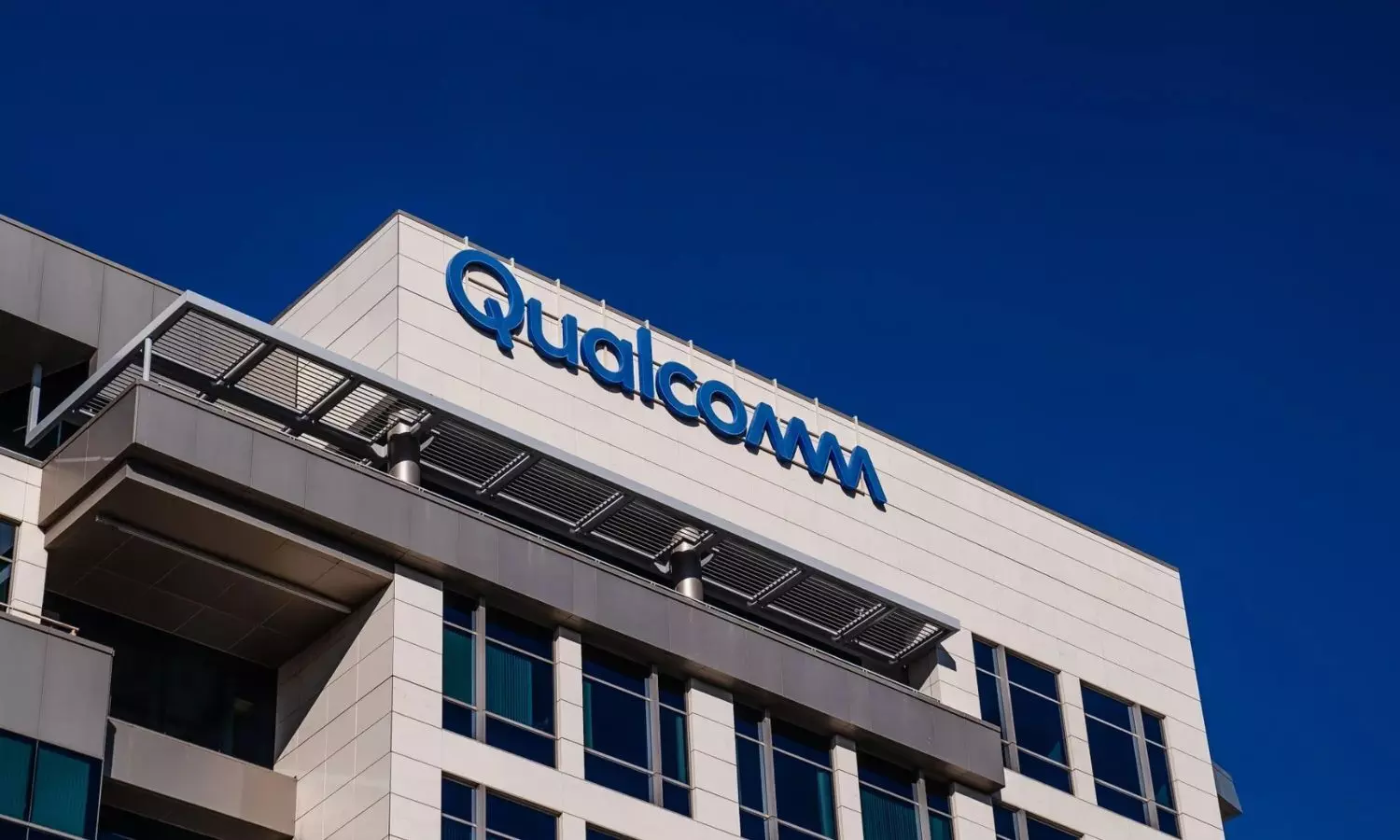Qualcomm claims trial win in dispute with Arm over chip design licenses.
Qualcomm wins a court ruling against Arm Holdings over chip technology licensing tied to its $1.4 billion Nuvia acquisition, with unresolved issues set for potential retrial.
Qualcomm claims trial win in dispute with Arm over chip design licenses.

Qualcomm Inc. won a court ruling on a charge filed by Arm Holdings Plc against it for violating a license concerning a chip technology, which was acquired by the world's leading mobile phone processors manufacturer while acquiring a start-up in 2021.
The jurors in Delaware federal court ruled on Friday that Qualcomm didn't breach a contract regarding Arm's chip products, which were included in the $1.4 billion acquisition of Nuvia Inc., by implementing the technology in its chips without paying a higher licensing fee. They could not agree as to whether Nuvia violated the license, and US District Judge Maryellen Noreika indicated that that issue could be retried at a later date.
Qualcomm has been a major customer of Arm for the longest time and one of the partners, but now they are going to battle as rivals in the realm of computer processors. The dispute is important because many of the world's biggest tech companies have relied on chip architecture licensed from Arm and brought into Qualcomm products, ranging from computers to cars.
Qualcomm said in a statement, "The jury has vindicated the right of Qualcomm to innovate and affirmed that all of the Qualcomm products at issue in this case are covered under the contract between Qualcomm and Arm."
Arm claimed that the agreement it had with Nuvia should have been restructured after Qualcomm acquired the startup and forced the San Diego-based company to destroy any designs it acquired with the buyout. Qualcomm - based its entire argument to jurors on the fact that it made use of Arm's particular innovations in indirect relation to the general license granted to Arm innovations - relating to their work as a whole.
The heads of both companies testified during a weeklong trial filed in Delaware, since Qualcomm is incorporated here, almost 70% of Fortune 500 companies are also incorporated in this state. Not only this but also the federal court of Delaware happens to be one of the US hubs for patent-infringement and licensing litigation.

